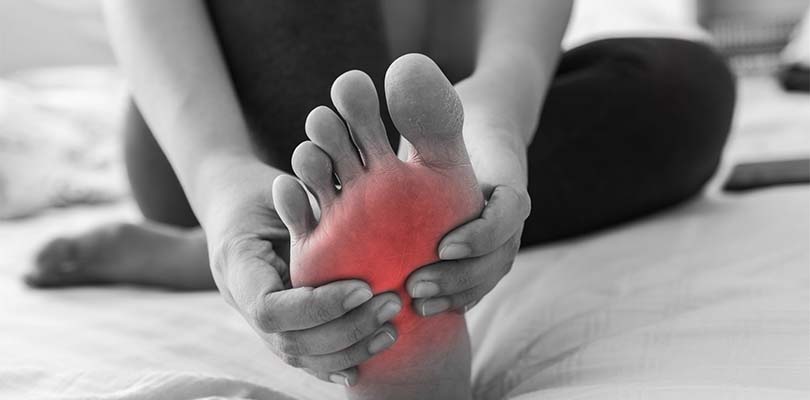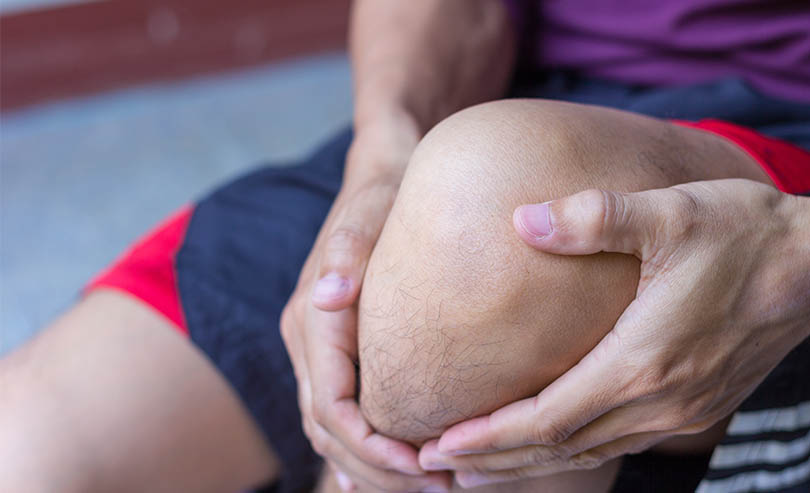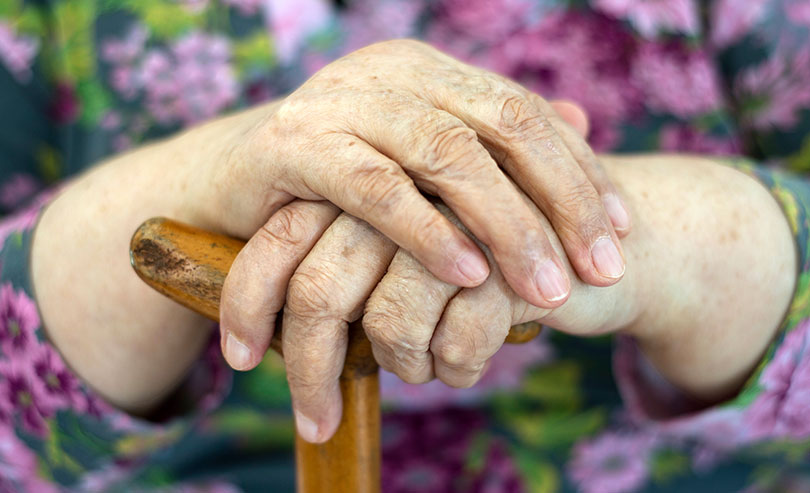What Causes Arthritis Flare-Ups?
Rheumatoid arthritis (RA) is a condition that affects up to 1% of the total global population. This health condition can be painful and causes tender, stiff and swollen joints. Other symptoms can include fatigue, fever and loss of appetite. For some people, they even suffer from arthritis flare-ups. What causes arthritis flare-ups? We’re going to find out.
Many people living with arthritis successfully manage their condition through a combination of lifestyle changes and medications. But even the best-managed arthritis occasionally flares-up again. This article discusses the symptoms, causes, prevention and treatment of arthritis flare-ups so you can get on with your life.
Symptoms of Arthritis Flare-Ups
Most people with RA know the feeling of a flare-up, sometimes called arthritis exacerbation. This is a particularly severe period of symptoms that often seems to come out of nowhere. Some symptoms of an arthritis flare-up include:
- Increased joint stiffness
- Pain throughout the body
- Severe swelling
- Intense fatigue
- Flu-like symptoms
What’s the Cause Behind Flare-Ups?
There can be several possible triggers for an arthritis flare-up and people who have had RA for a long time generally come to learn their own individual triggers. Some of the possible causes for an arthritis flare-up include:
- Poor sleep
- Overexertion during physical activity
- Stress
Many arthritis flare-ups are also caused by stopping or tapering off treatment. Unfortunately, most arthritis treatments do not cure the disease and they only manage the symptoms. A good treatment regime can cause the disease to seem like it has disappeared. But when patients stop treatment, even if they are feeling better, a flare-up can occur.
Preventing Arthritis Flare-Ups
Almost everybody who has RA experiences a severe flare-up at least once. But flare-ups are often preventable, saving you a lot of pain and frustration. Here are some tips on how to deal with arthritis flare-ups before they happen.
Osteoarthritis (OA) is one of the most prevalent conditions in people over the age of 50, but it can go on without a trace for quite a while.
Plan for the Pain
It’s important to plan for the possibility of a flare-up, both with your doctor and in your home. This includes things like talking to your doctor about possible treatment options in the event of a flare-up, making sure you have some sick leave saved from your job in case you need to take time off and keeping your home as comfortable as possible. Keep your family in tune to your needs as well.
Keep Track of Your Flare-Ups
As you become more aware of your triggers and the longer you manage RA, you will start to learn your triggers. You may even want to keep a journal of your activities and how you feel to help monitor triggers for your flare-ups. The more information you record for future use, the better chance you have of recognizing a little flare-up before it turns into a big one.
Practice Good Hygiene to Control Infection
Because RA is an autoimmune disorder, it is important to keep your body as free from disease and infection as possible. Infections can trigger flare-ups and it is tiring to be sick and dealing with a flare-up at the same time.
How to Treat Arthritis Flare-Ups
The best treatment for arthritis flare-ups is good prevention so that they do not occur at all. However, when they do happen, here are some tips on how to manage flare-ups to get yourself moving freely again.
Rest in Moderation
Obviously, rest is an important part of treating an arthritis flare-up because too much activity can cause or worsen a flare-up. However, it is also not a good idea to stop moving entirely, because this can make joints stiff, making the flare-up even worse. Motion is lotion for many chronic pain conditions, so make sure to attempt some sort of movement. Even something as simple as raising your legs in your chair can help.
Heat and Cold Therapy
Heat can help soothe muscle pain by relaxing the area and improving blood flow. Cold can reduce inflammation and numb the nerves in that area. Both of these therapies can be used (but no more than twice a day for 15 minutes), depending on your specific flare-up and how you are feeling.
Get Good Sleep and Listen to Your Doctor
It can be hard to sleep with an arthritis flare-up but practicing good sleep hygiene is a great way to help your body heal. Also, continue to follow through on prescribed treatments from your doctor. This is especially true if your flare-up is caused by a lapsed course of treatment.
In Review
Flare-ups are a reality of chronic pain conditions, like rheumatoid arthritis. Everybody who deals with RA is familiar with the struggles of a flare-up. Hopefully the information in this article is a good starting place for helping you manage your flare-ups, but also do not be afraid to ask for help.
Your doctor can give you further guidance on what to do in your specific case to help you. By staying informed and prepared, it is possible to learn your triggers and manage your symptoms to make your flare-ups shorter, less frequent and less painful.







